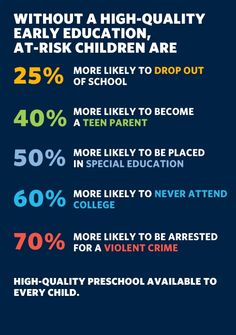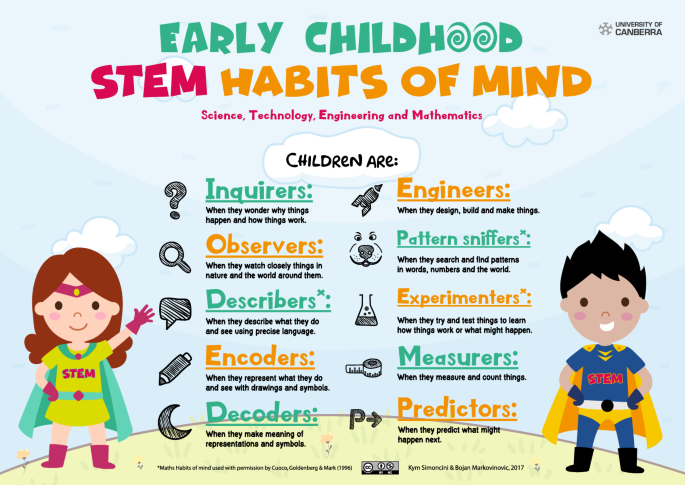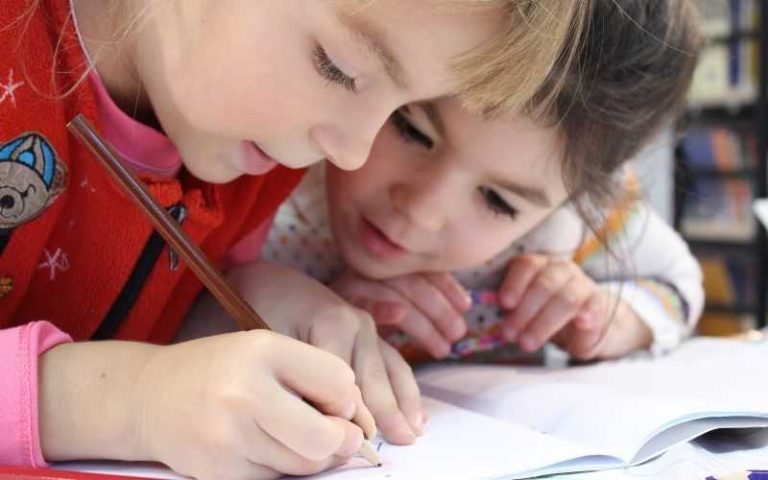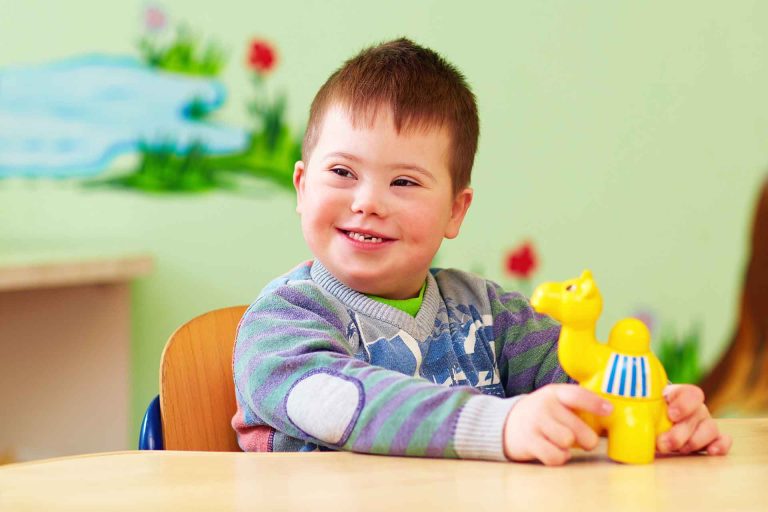How to Earn an Early Childhood Education Degree: Your Step-by-Step Guide
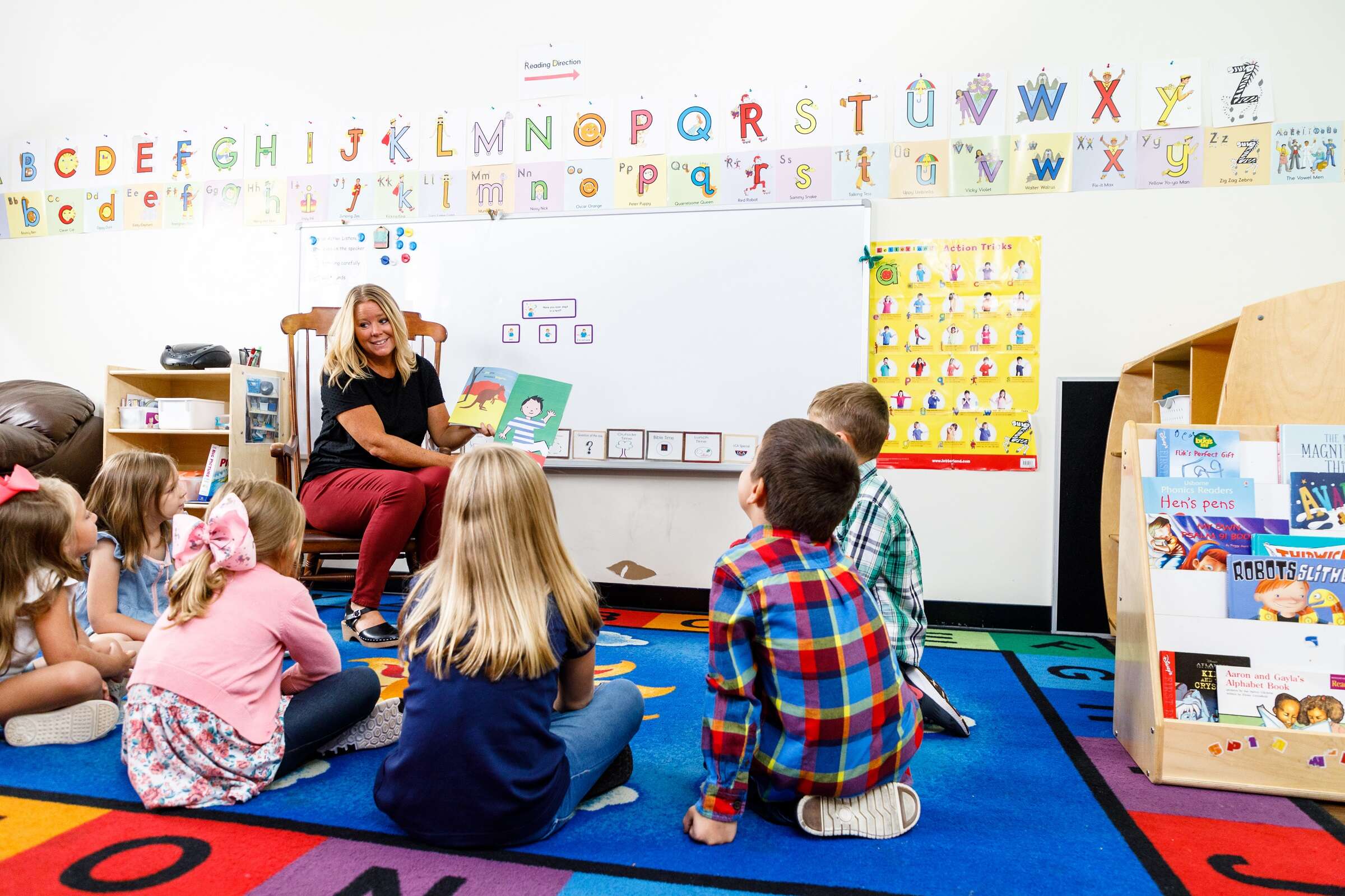
To get a degree in Early Childhood Education, you need to enroll in a recognized program and complete the required coursework and practical experience. This typically includes earning an associate or bachelor’s degree in ECE from an accredited institution.
Pursuing internships and obtaining relevant certifications can also enhance your qualifications. Embarking on a career in Early Childhood Education can be a fulfilling journey that allows you to make a positive impact on young children’s lives. By obtaining a degree in this field, you will gain the necessary knowledge and skills to effectively support children’s development and learning.
With a growing demand for qualified early childhood educators, a degree in ECE can open up various career opportunities in preschools, daycare centers, and other educational settings. Whether you are passionate about working with children or seeking a rewarding profession, pursuing a degree in Early Childhood Education is a valuable investment in your future.
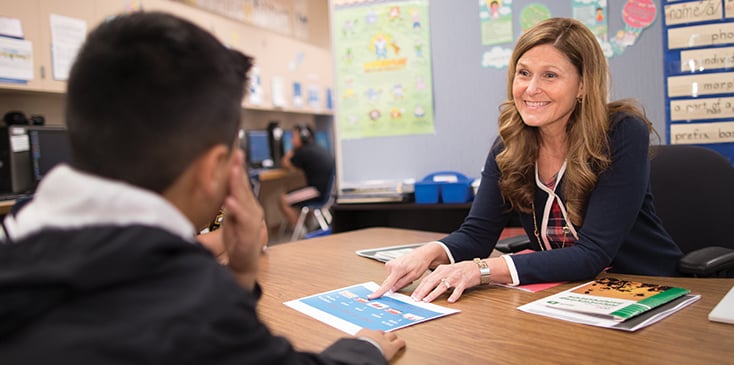
Credit: www.nu.edu
Exploring Early Childhood Education
Career Opportunities In Early Childhood Education
Early childhood education offers a wide array of career opportunities, from teaching and childcare to administration and advocacy. Individuals with a degree in early childhood education can pursue careers as preschool teachers, daycare directors, early intervention specialists, and child development researchers. The demand for skilled professionals in this field continues to grow, providing diverse and rewarding career paths for graduates.
Importance Of Early Childhood Education
Early childhood education plays a crucial role in shaping a child’s future. It provides a strong foundation for lifelong learning, social development, and emotional well-being. Research has shown that quality early childhood education can significantly impact a child’s cognitive abilities, language skills, and overall academic success. By focusing on the importance of early childhood education, we can nurture a generation of confident, compassionate, and resilient individuals.
Choosing The Right Program
When it comes to pursuing a degree in early childhood education, choosing the right program is crucial. Whether you are considering an online or on-campus program, it’s important to research accredited institutions and make an informed decision that aligns with your career goals.
Researching Accredited Institutions
Researching accredited institutions is the first step in finding the right program for your early childhood education degree. Look for institutions that are accredited by recognized accrediting bodies such as the National Association for the Education of Young Children (NAEYC) or the Council for the Accreditation of Educator Preparation (CAEP).
Deciding Between Online And On-campus Programs
Deciding between online and on-campus programs requires careful consideration of your personal preferences, schedule, and learning style. Online programs offer flexibility and convenience, while on-campus programs provide a more traditional learning environment and face-to-face interaction with professors and peers.
Admission Requirements
Admission requirements for a degree in Early Childhood Education are an important aspect of the application process. Aspiring students need to meet specific criteria to gain entry into these programs, including academic prerequisites and background checks and clearances.
Academic Prerequisites
Prospective students interested in pursuing a degree in Early Childhood Education must have a high school diploma or equivalent. Additionally, they may need to demonstrate proficiency in subjects such as English, mathematics, and social sciences. Some institutions may also require a minimum GPA, typically around 2.5 or higher, for consideration.
Background Checks And Clearances
Background checks and clearances are commonly required for individuals seeking admission to Early Childhood Education programs. These checks ensure that prospective students have no history of criminal activity that could pose a risk to the safety and well-being of young children. Additionally, some institutions may require fingerprinting and child abuse clearances as part of the admission process.
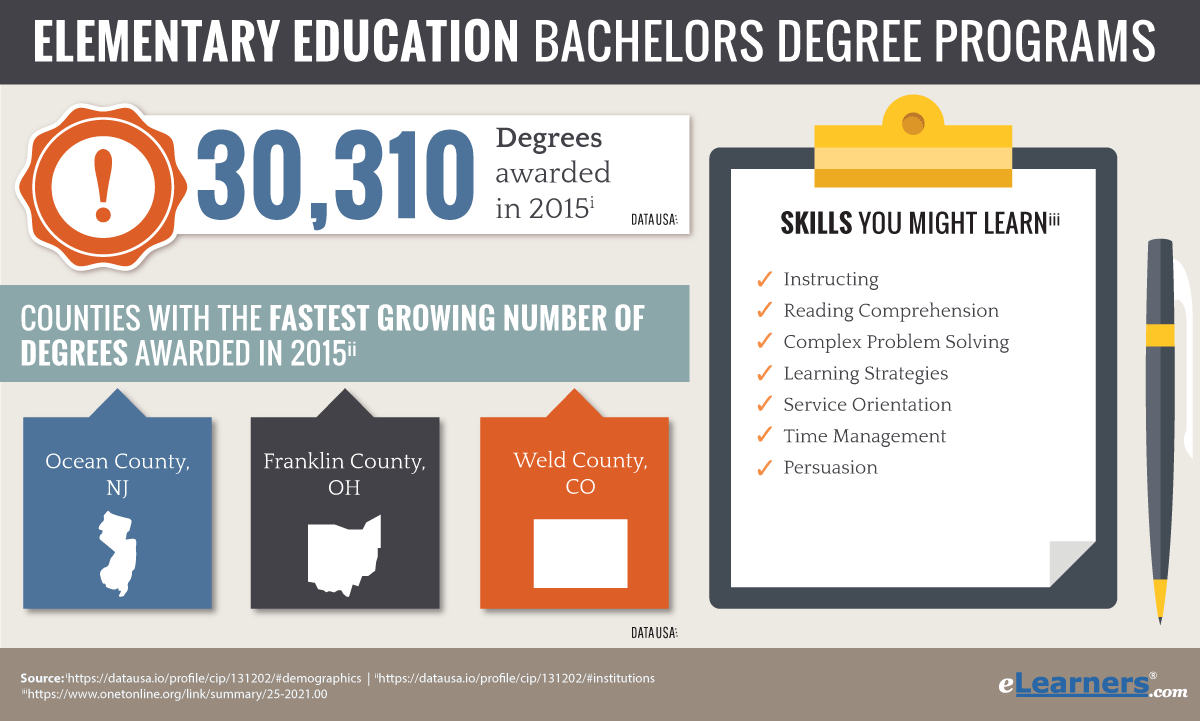
Credit: www.elearners.com
Financial Planning
Embark on a journey towards obtaining a degree in Early Childhood Education through strategic financial planning. Explore various funding options, such as scholarships and grants, to pave the way for a successful academic pursuit in this rewarding field.
Understanding Tuition And Fees
Exploring Financial Aid Options
Curriculum Overview
Embarking on a degree in Early Childhood Education involves a comprehensive curriculum that equips aspiring educators with the necessary knowledge and skills to work effectively with young children. Let’s delve into the key components of the program.
Core Courses In Early Childhood Education
- Foundations of Early Childhood Education
- Child Development and Learning
- Curriculum Design for Young Children
- Assessment and Evaluation in Early Childhood Education
- Literacy and Language Development
Practicum And Field Experience Requirements
- Observation in Early Childhood Settings
- Hands-on Teaching Experience
- Collaboration with Experienced Educators
- Lesson Planning and Implementation
- Reflective Practice and Professional Development
These hands-on experiences are integral to gaining practical skills and real-world insights into the field of early childhood education. The combination of theoretical knowledge and practical application prepares students to create meaningful learning experiences for young children.

Credit: www.besteducationdegrees.com
Building Practical Skills
Getting a degree in early childhood education is not just about learning theory; it also involves building practical skills that will prepare you to interact effectively with children. As an early childhood educator, you will be responsible for shaping young minds, and practical skills will be crucial in achieving this goal. In this article, we will discuss how you can build practical skills in early childhood education to become an effective and successful educator.
Developing Effective Communication With Children
Effective communication is key to building strong relationships with children. As an early childhood educator, you will need to communicate in a way that is both age-appropriate and engaging. To develop effective communication skills, you can:
- Use simple language that children can understand
- Encourage children to express themselves freely
- Listen actively to what children say and respond appropriately
- Use non-verbal cues such as facial expressions and body language to communicate effectively with children
Implementing Classroom Management Strategies
Classroom management is an essential skill that every early childhood educator must possess. Effective classroom management creates an environment that is conducive to learning and helps children develop self-discipline. To implement classroom management strategies, you can:
- Establish clear rules and expectations for behavior
- Use positive reinforcement to encourage good behavior
- Redirect negative behavior without shaming the child
- Provide opportunities for children to make choices and take responsibility for their actions
By implementing these strategies, you can create a positive learning environment that fosters the growth and development of young children.
Professional Development
Professional development is crucial for early childhood educators to enhance their skills and stay updated with the latest trends in the field. Here are some effective ways to focus on professional development:
Attending Workshops And Conferences
Attending workshops and conferences provides valuable insights and networking opportunities for early childhood educators.
- Learn new teaching strategies and techniques.
- Stay updated on industry best practices.
- Connect with other professionals in the field.
Seeking Mentoring Opportunities
Mentoring opportunities offer guidance and support for educators looking to further their career.
- Gain valuable advice from experienced mentors.
- Receive personalized feedback on your teaching methods.
- Develop new skills and approaches under mentorship.
Securing Employment
Securing employment in the field of early childhood education can be a rewarding and fulfilling experience. With the right preparation, you can position yourself as a top candidate for the job you desire. This section will cover essential tips for creating a strong resume and cover letter, as well as nailing the early childhood education job interview.
Creating A Strong Resume And Cover Letter
When crafting your resume for a degree in early childhood education, it’s crucial to highlight relevant experience, education, and skills. Use bullet points to emphasize your accomplishments and responsibilities in previous roles. Incorporate keywords related to early childhood education to optimize your resume for applicant tracking systems (ATS).
For the cover letter, address the specific requirements of the job and demonstrate your passion for working with young children. Highlight any relevant volunteer work, internships, or practicum experiences that showcase your dedication to early childhood education.
Nailing The Early Childhood Education Job Interview
Prepare for the job interview by researching the organization and understanding the specific role you’re applying for. Practice answering common interview questions related to early childhood education, such as how you would handle challenging behavior or promote a positive learning environment.
Dress professionally and arrive early for the interview. Demonstrate your enthusiasm for the field by showcasing your knowledge of child development theories and your ability to create engaging learning experiences for young children.
Frequently Asked Questions
What Degree Is Best For Early Childhood Education?
A Bachelor’s degree in Early Childhood Education is best for pursuing a career in this field.
Is An Early Childhood Education Degree Worth It?
Yes, an Early Childhood Education degree is worth it as it opens up diverse career opportunities in the field of education, offers job stability, and the chance to make a positive impact on young children’s lives. The demand for qualified early childhood educators is steadily increasing.
Which Course Is Best For Early Childhood Education?
The best course for Early Childhood Education is a Bachelor’s degree in Early Childhood Education.
How Many Levels Are There In Early Childhood Education?
There are typically three levels in Early Childhood Education: Preschool for children aged 3-4, Pre-Kindergarten for children aged 4-5, and Kindergarten for children aged 5-6.
Conclusion
Pursuing a degree in early childhood education can open up a world of opportunities. By understanding the importance of early childhood education and gaining the necessary skills and knowledge, you can make a meaningful impact on the lives of young children.
With dedication and passion, you can embark on a rewarding career in this field.
Lorem Ipsum is simply dummy text of the printing and typesetting industry. Lorem Ipsum has been the industry’s standard dummy text ever since the 1500s, when an unknown printer took a galley of type and scrambled it to make a type specimen book.

